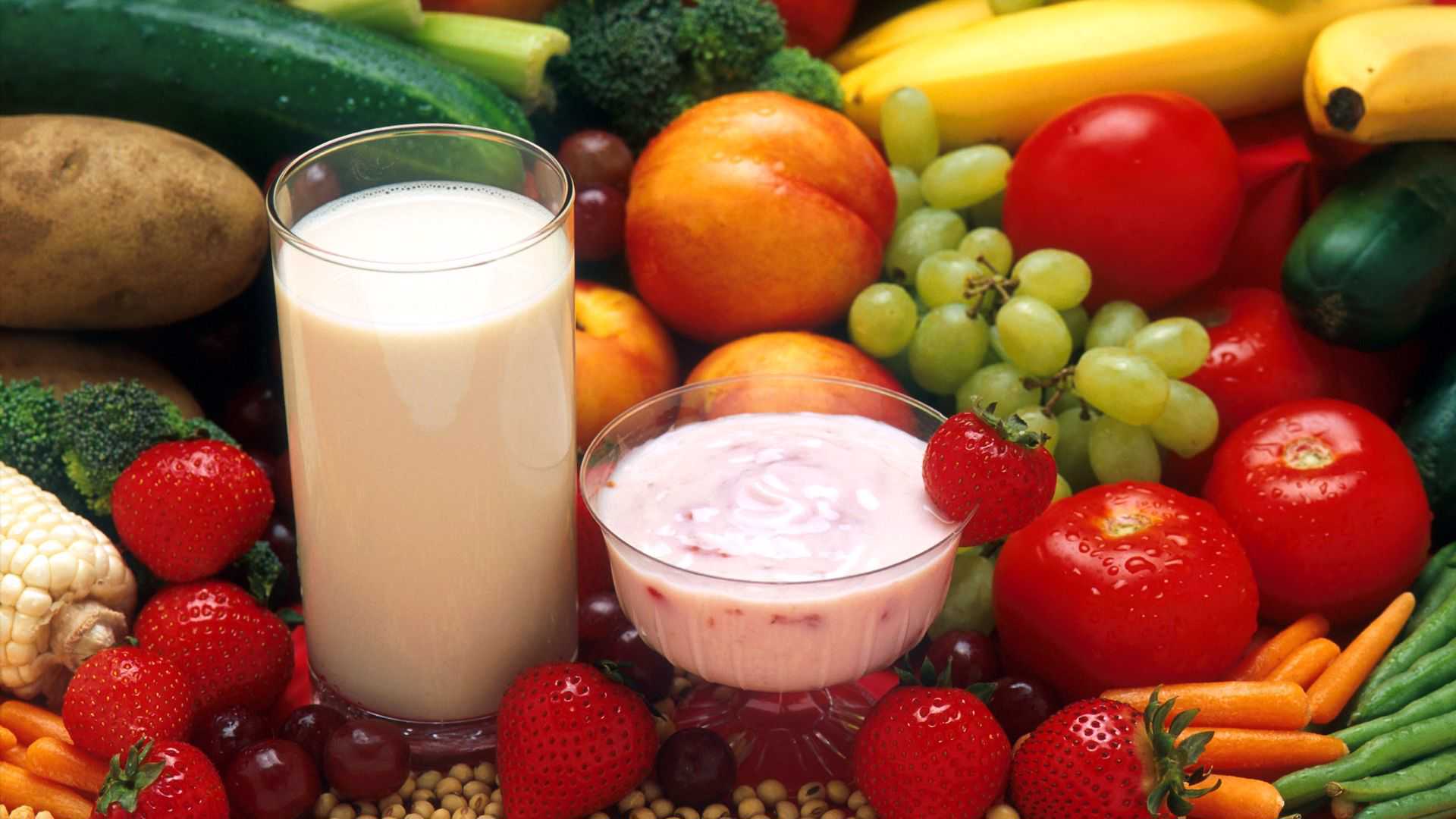Is Overeating Haram in Islam? Overindulgence due to excess results in overeating past the point of satiety. This extends beyond just one, two, or three meals per day. One meal a day may be consumed in excess by an individual. Alternatively, he might consume three meals in moderation.
It is important to look after the body and avoid harming it in any way, even via overeating or starvation.
It’s important to eat in moderation rather than in excess or in order to avoid starvation because this will give you the strength to do acts of worship.
Muslims and Health

Health problems are increasing. People are being diagnosed with more and more illnesses every year, and it’s interesting that people are getting sick from overeating.
Allah created the food so that it would provide us with nourishment. It can improve our health, and give us energy. So how can it be that something that Allah put on Earth to improve our health is actually damaging our health? And the plans of Allah never backfire. This implies that the source of the issue must be related to the quantity and manner of our food consumption.
So what we’re consuming and how much we’re consuming—eat, drink, and do not go in excess. Verily, Allah does not love those who excess. Perhaps the first problem is how much we’re eating. the issue is with overeating food. Allah did not design our bodies to consume all kinds of food and the amounts of food that we’re consuming right now.
For example, biologically, you only need to eat meat once a week. But we eat meat every single day of the week and sometimes more than once a day. And we’re offended if there’s no meat on the table. So what happens? We were not designed to consume so much meat, and the result of this overeating, we get all kinds of illnesses—gout, for example. You get gout when you overdo, when you eat too much meat or too much seafood, or you consume drinks that have been sweetened with fructose. These are all potential causes of gout in humans. So we were not designed to consume that much.
Mentioned in a Hadith:
The Messenger of Allah ﷺ said: ‘A human being fills no worse vessel than his stomach. It is sufficient for a human being to eat a few mouthfuls to keep his spine straight. But if he must (fill it), then one third of food, one third for drink and one third for air.’” Sunan Ibn Majah 3349, Book 29, Hadith 99
So fill one-third of your stomach with food, one-third with drink, and then one-third you leave it for air. We mentioned the Hadith like this is the minimum. The Hadith begins when the Prophet of Allah (SAW) said, “The human being, son of Adam, has not filled any vessel, there’s no container that you can fill worse than your stomach,” meaning the worst thing you can feel is your stomach.
A few bites are enough to keep the son of Adam surviving; only a few bites will do for you. If there is no other way and you have to, then a third for your food, then a third for drink, and then a third for the air. So the Hadith is mentioning this as the maximum that you can do. We mention it as if it’s the minimum. Yeah, just start with that. No, that’s the end. If you have to, there’s no other way.
Is that how much we consume now? Is that how we eat? How many of us today eat just a few bites to keep us going? Basically, you eat to remain alive. You eat to live. But what happens? We live to eat. Thus, a variety of diseases develop as a result of overeating. We’re supposed to consume just a little bit to sustain us, but we eat so much. Furthermore, we experience discomfort if there is even a tiny bit of air left in our stomach. And we look around for a banana, a grape, or something to stick in that little space. Consequently, overeating of food leads to illness. and overeating makes us overweight and lazy and thus it is haram because it prevents us from doing acts of worship, salah, and remembrance of Allah.
Also Read: Importance of Health in Islam
Hadiths about Overeating we must look for
These hadiths about overeating reveal why overeating is haram and a bad habit and why should practice moderation:
مَا مَلَأَ آدَمِيٌّ وِعَاءً شَرًّا مِنْ بَطْنٍ بِحَسْبِ ابْنِ آدَمَ أُكُلَاتٌ يُقِمْنَ صُلْبَهُ فَإِنْ كَانَ لَا مَحَالَةَ فَثُلُثٌ لِطَعَامِهِ وَثُلُثٌ لِشَرَابِهِ وَثُلُثٌ لِنَفَسِهِ
The son of Adam cannot fill a vessel worse than his stomach, as it is enough for him to take a few bites to straighten his back. If he cannot do it, then he may fill it with a third of his food, a third of his drink, and a third of his breath.
Source: Sunan al-Tirmidhī 2380, Grade: Sahih
Although there are a few exceptions for special occasions, eating in moderation is generally advised. It is fine to fill oneself during festivities like banquets and family meals. This is a concession made in order to encourage positive interactions amongst community members through food sharing and eating together.
Anas ibn Malik reported:
أَنَّ رَسُولَ اللَّهِ صَلَّى اللَّهُ عَلَيْهِ وَسَلَّمَ لَمْ يَجْتَمِعْ لَهُ غَدَاءٌ وَلَا عَشَاءٌ مِنْ خُبْزٍ وَلَحْمٍ إِلَّا عَلَى ضَفَفٍ
The Messenger of Allah, peace and blessings be upon him, never combined a dish of his with meat and bread for lunch, nor for dinner, unless he was eating with people.
Source: Musnad Aḥmad 13447, Grade: Sahih
Malik ibn Dinar reported:
مَا شَبِعَ رَسُولُ اللَّهِ صَلَّى اللَّهُ عَلَيْهِ وَسَلَّمَ مِنْ خُبْزٍ قَطُّ وَلا لَحْمٍ إِلا عَلَى ضَفَفٍ
The Messenger of Allah, peace and blessings be upon him, never ate to his fill of bread or meat unless he was eating with people.
Source: al-Shamā’il al-Muḥammadīyah 71, Grade: Sahih
Aside from these joyous exceptions, regularly overindulging in food is a sign of an inability to restrain one’s desires and a commitment to transient pleasures.
The unbeliever, or one who rejects the idea of a hereafter, typically eats seven times more food than their body requires because they lack a strong intellectual argument against limiting their intake. In this way, a great deal of Muslims even overeat. Eating less and less until the body adjusts to consuming a moderate amount of food is the best approach to breaking such an overeating behavior.
It is also necessary to consider the effects in the future life. Frequent and lavish overeaters will suffer from hunger in the Hereafter because frequent and needless satiation breeds sin of all kinds.
Salman reported: The Messenger of Allah, peace and blessings be upon him, said:
إِنَّ أَكْثَرَ النَّاسِ شِبَعًا فِي الدُّنْيَا أَطْوَلُهُمْ جُوعًا يَوْمَ الْقِيَامَةِ
Verily, the people who ate to their fill the most in this world will be the hungriest on the Day of Resurrection.
Source: Sunan Ibn Mājah 3351, Grade: Sahih
And Abu Ja’far, may Allah have mercy on him, said:
إِذَا امْتَلأَ الْبَطْنُ طَغَى الْجَسَدُ
When the belly is full, the body will transgress.
Source: al-Jū’ li-Ibn Abī Dunyā 23
حَدَّثَنَا مُحَمَّدُ بْنُ حُمَيْدٍ الرَّازِيُّ، حَدَّثَنَا عَبْدُ الْعَزِيزِ بْنُ عَبْدِ اللَّهِ الْقُرَشِيُّ، حَدَّثَنَا يَحْيَى الْبَكَّاءُ، عَنِ ابْنِ عُمَرَ، قَالَ تَجَشَّأَ رَجُلٌ عِنْدَ النَّبِيِّ صلى الله عليه وسلم فَقَالَ “ كُفَّ عَنَّا جُشَاءَكَ فَإِنَّ أَكْثَرَهُمْ شِبَعًا فِي الدُّنْيَا أَطْوَلُهُمْ جُوعًا يَوْمَ الْقِيَامَةِ ” . قَالَ أَبُو عِيسَى هَذَا حَدِيثٌ غَرِيبٌ مِنْ هَذَا الْوَجْهِ . وَفِي الْبَابِ عَنْ أَبِي جُحَيْفَةَ .
Yahya Al-Bakka’ narrated from Ibn ‘Umar who said:“A man belched in the presence of the Prophet(s.a.w), so he said: ‘Restain your belching from us. For indeed those who are filled most in the world will be the hungriest on the Day of Judgement.'” (SUNAN TIRMIDHI Vol #4, Hadith #2478)
Quran on Overeating
Now lets learn about some Quranic verses that talks about overeating and eating in moderation so that we may know why overeating is haram:
۞ يَـٰبَنِىٓ ءَادَمَ خُذُوا۟ زِينَتَكُمْ عِندَ كُلِّ مَسْجِدٍۢ وَكُلُوا۟ وَٱشْرَبُوا۟ وَلَا تُسْرِفُوٓا۟ ۚ إِنَّهُۥ لَا يُحِبُّ ٱلْمُسْرِفِينَ ٣١
۞ وَهُوَ ٱلَّذِىٓ أَنشَأَ جَنَّـٰتٍۢ مَّعْرُوشَـٰتٍۢ وَغَيْرَ مَعْرُوشَـٰتٍۢ وَٱلنَّخْلَ وَٱلزَّرْعَ مُخْتَلِفًا أُكُلُهُۥ وَٱلزَّيْتُونَ وَٱلرُّمَّانَ مُتَشَـٰبِهًۭا وَغَيْرَ مُتَشَـٰبِهٍۢ ۚ كُلُوا۟ مِن ثَمَرِهِۦٓ إِذَآ أَثْمَرَ وَءَاتُوا۟ حَقَّهُۥ يَوْمَ حَصَادِهِۦ ۖ وَلَا تُسْرِفُوٓا۟ ۚ إِنَّهُۥ لَا يُحِبُّ ٱلْمُسْرِفِينَ ١٤١
وَلَا تَجْعَلْ يَدَكَ مَغْلُولَةً إِلَىٰ عُنُقِكَ وَلَا تَبْسُطْهَا كُلَّ ٱلْبَسْطِ فَتَقْعُدَ مَلُومًۭا مَّحْسُورًا ٢٩
وَءَاتِ ذَا ٱلْقُرْبَىٰ حَقَّهُۥ وَٱلْمِسْكِينَ وَٱبْنَ ٱلسَّبِيلِ وَلَا تُبَذِّرْ تَبْذِيرًا ٢٦
إِنَّ ٱلْمُبَذِّرِينَ كَانُوٓا۟ إِخْوَٰنَ ٱلشَّيَـٰطِينِ ۖ وَكَانَ ٱلشَّيْطَـٰنُ لِرَبِّهِۦ كَفُورًۭا ٢٧
Conclusion: Is Overeating Haram in Islam?
From these discussions, we can understand why is overeating haram and even it is bad for health and physical well-being. In conclusion, Muslims should develop the practice of eating moderately by stopping at no more than one-third of the food served at each meal, with the exception of special occasions. Their diets ought to be wholesome, well-balanced, and full of nutrients. These dietary habits will support spiritual development as well as physical well-being.
This was all about why is overeating haram in Islam and harmful both physically and spiritually. Read more Islamic Blogs or follow us on social media for Islamic reminders.






